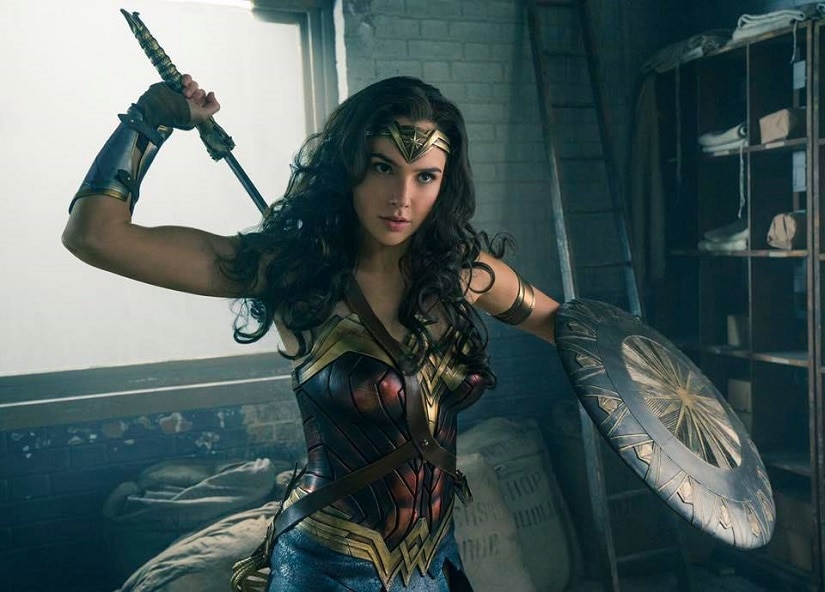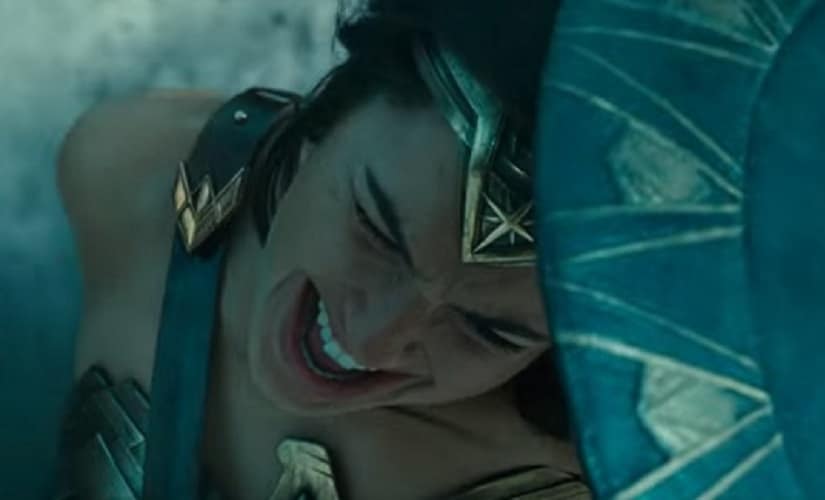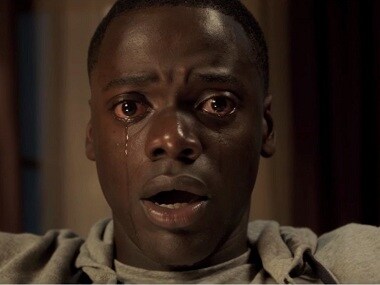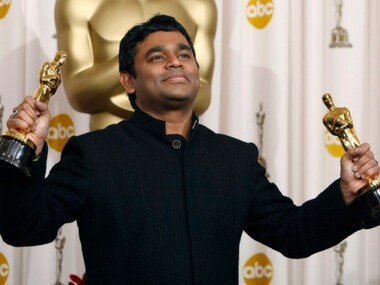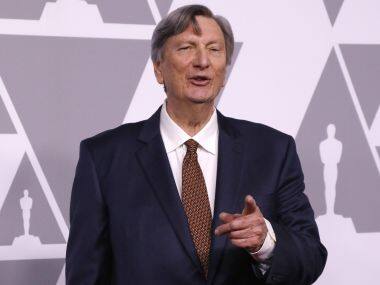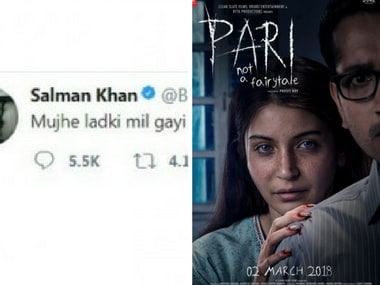Oscars 2018: Does the Academy's (obvious) Wonder Woman snub hold a more significant meaning than its appearance?
In a year in which most of the so-called popular films, ranging from Dunkirk and Logan to Get Out, notched up a handful of Oscar nominations — does the Academy’s decision to snub Patty Jenkins-directed Wonder Woman without a single nomination hold a deeper meaning than its appearance?
Although the film is being seen as a breakthrough of sorts, much of it is for the wrong reasons. Wonder Woman is the first female-led superhero film in more than a decade. With Jenkins at the helm, it's also the first superhero film to be directed by a woman and with an estimated $100.5 million — it is the largest opening of all-time for a film directed by a woman. Even with or without these, the kind of success that Wonder Woman enjoyed should have warranted a nomination or two.
Traditionally, it is the critical acclaim garnered by a film or an actor that makes the movie's chances of getting an Oscar nomination stronger. Lately, superhero films or popular films have come to be seen as high-art with films such as The Lord of the Rings, The Dark Knight or this year’s Logan — which garnered Best Adapted Screenplay nominations for Scott Frank, Michael Green, and director James Mangold. These kind of films have changed the prism through which the not-so-artsy-but-commercially-successful-films are viewed by members of the Academy.
There has been much talk about how Wonder Woman as a film does not warrant any Oscar love as technically it was not path-breaking, nor did it offer anything substantial in terms of interpretation. While the former ruled out any technical awards (cinematography, costume design, production design, etc.,) the latter meant a no-go for Jenkins, Gal Gadot and the writers (Allan Heinberg, Zack Snyder and Jason Fuchs). Some are even of the opinion that the real reason Wonder Woman didn’t get any nominations was because it was not pushed hard enough during the award-season campaign.
Bagging awards or for that matter even receiving a nomination, goes beyond the merit of the film. It means an acknowledgment by the Academy of Motion Pictures and Sciences (the body behind the Oscars). Nominations for a certain person or film reveal what the industry is thinking. It is this very reason which inspired the #OscarsSoWhite social media campaign two years ago after the the list of nominees was announced and for the second year in a row — all 20 actors nominated in the lead and supporting actor categories were white. Of course, last year's Oscars supposedly redeemed themselves after Barry Jenkins’ Moonlight won Best Picture after much drama (La La Land was announced as the winner by Warren Beatty as he opened the wrong envelope). However, the shadow of doubt surrounding the manner in which the Academy functions still persists.
Snubs are of two different kinds. One where the actor or film gets nominated but leaves the venue empty-handed — Martin Scorsese’s Goodfellas, Taxi Driver, Raging Bull and Alfred Hitchcock. Stanley Kubrick who never won the Best Director award. Iconic performances that were not awarded such as Bette Davis in All About Eve and Gloria Swanson in Sunset Boulevard.
The other kind of snub is perhaps worse. It's where the Academy fails to even acknowledge the existence of a certain film or its cast and crew, and looks the other way when it comes to nominations (David Oyelowo as Dr. Martin Luther King in Selma, Pam Grier in Jackie Brown, Anthony Mackie in The Hurt Locker, director Ava DuVernay for Selma).
Needless to say, a film's nomination also depends on the quality of filmmaking, and while Wonder Woman might not have achieved anything new, does that mean it is lacking somewhere when compared to a Logan? One can’t help but wonder if the Academy would have done the same if a Superman reboot had managed to capture the imagination of the audience on the scale at which Wonder Woman did.
Are we to then rejoice in the fact that Jenkins is only the second woman filmmaker after Kathryn Bigelow (K-19: The Widowmaker) to make a movie with a budget of more than a $100 million and that should be ‘award’ enough?
It might not be correct or fair to suggest that had Wonder Woman been a typical (read: male driven) blockbuster, it might not have been so royally ignored by the Academy — but we must do it anyway.
Published Date: Feb 10, 2018 11:12 AM | Updated Date: Feb 10, 2018 11:15 AM
